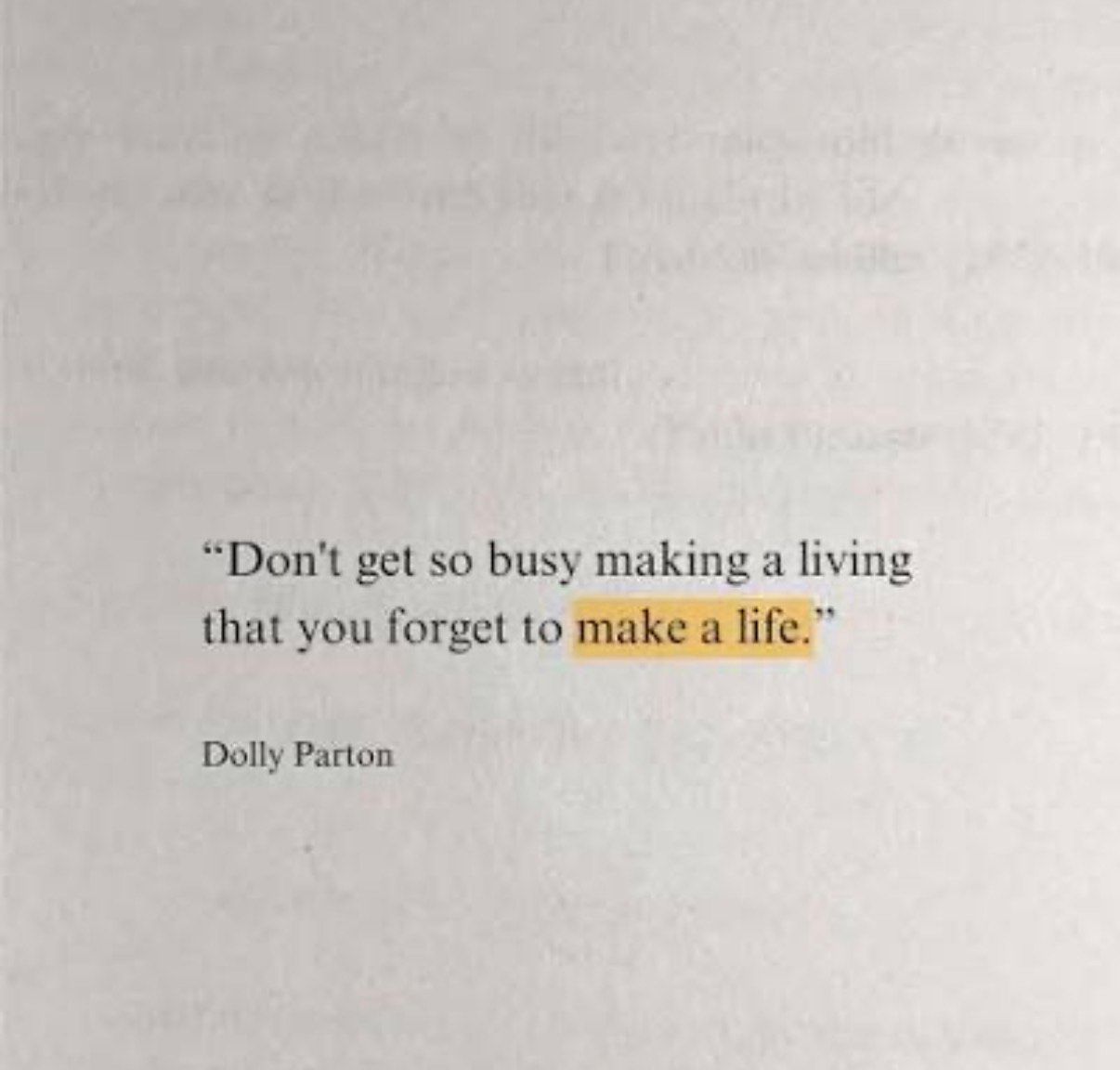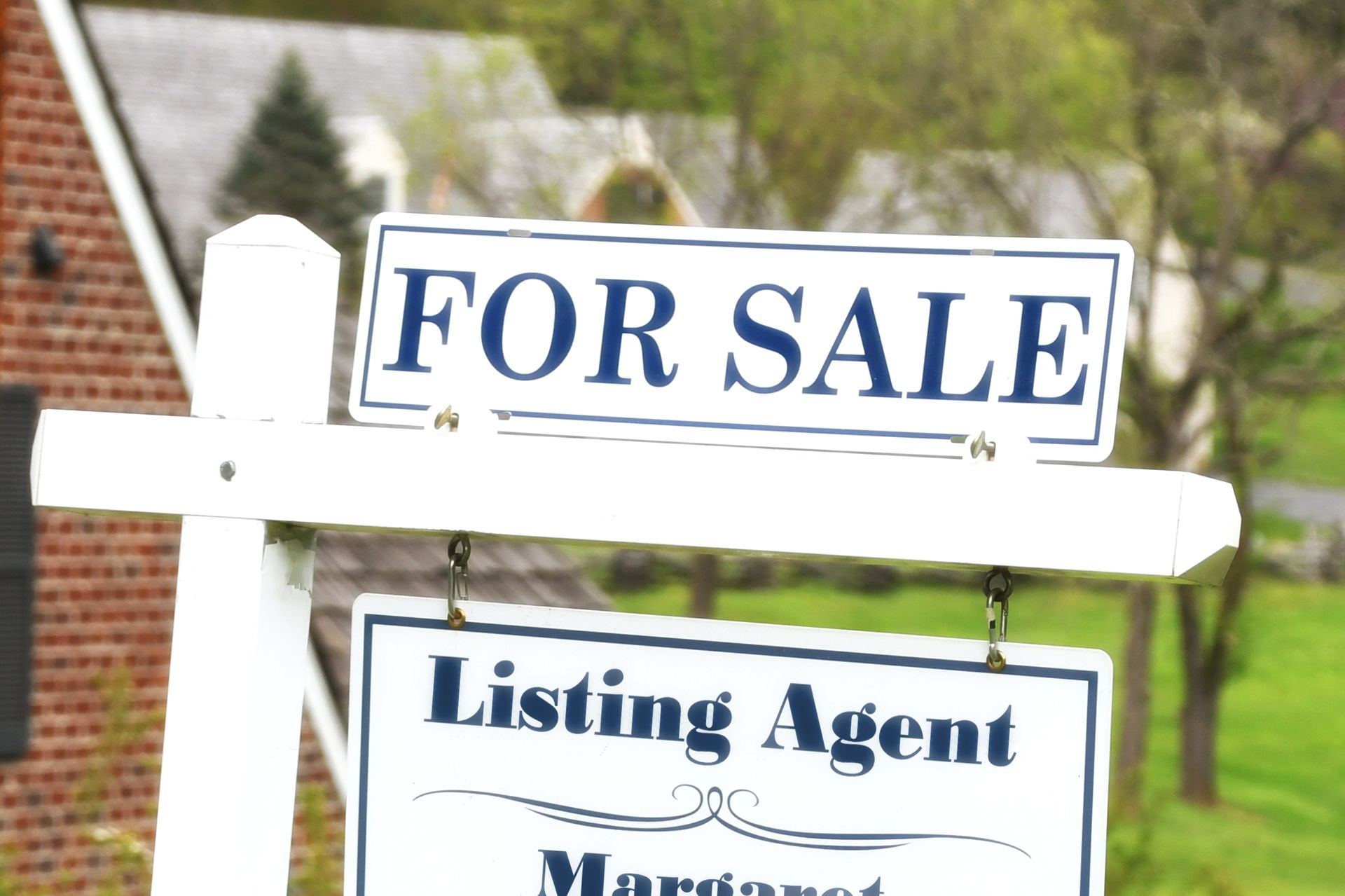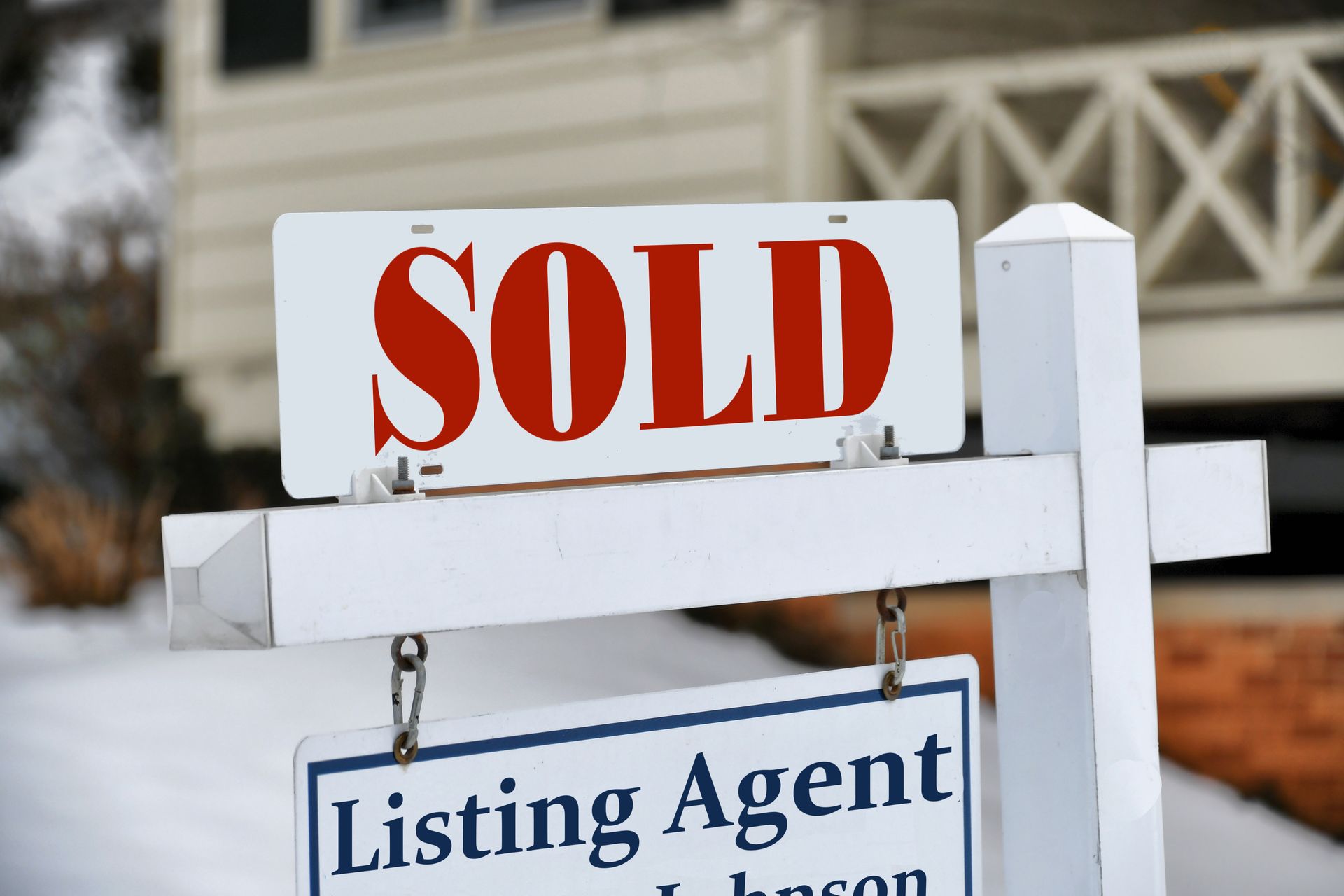What is the Closing cost when Buying a House?

When it comes to buying a house, understanding closing costs is crucial. Closing costs are the various fees and expenses that you will need to pay in order to finalize your home purchase. These costs can add up quickly, so it's important to be aware of what you can expect to pay and how to budget for them. In this article, we'll take a look at what closing costs are, what the most common closing costs are, how to calculate closing costs and ways to save on these costs
Definition of closing costs
Closing costs are fees and expenses that are paid at the closing of a real estate transaction. These costs are typically paid by the buyer, although the seller may also be required to pay certain closing costs. Closing costs can include a variety of fees, such as mortgage origination fees, property taxes, homeowners insurance, closing or settlement fees, title insurance, and home inspection fees. These costs are typically a percentage of the purchase price of the home, although some fees are fixed amounts.
Common closing costs
There are several common closing costs that buyers can expect to pay when purchasing a home. These costs may vary depending on your location and the specific terms of your mortgage, but some of the most common closing costs include:
● Mortgage origination fees: These are fees charged by the lender for processing your mortgage application and issuing the loan. These fees can include application fees, underwriting fees, and processing fees.
● Property taxes: Property taxes are taxes that are levied on your home by the local government. These taxes are typically based on the value of your home and are paid on a yearly basis.
● Homeowners insurance: Homeowners insurance is insurance that covers the structure of your home and your personal belongings in case of damage or loss. This insurance is typically required by your lender as a condition of your mortgage.
● Closing or settlement fees: Closing or settlement fees are fees that are paid to the closing agent or attorney to cover the costs of preparing and recording the necessary documents to transfer ownership of the property.
● Title insurance: Title insurance is insurance that protects you against any claims or issues that may arise with the title of your home. This insurance is typically required by your lender as a condition of your mortgage.
● Home inspection fees: Home inspection fees are fees paid to a professional home inspector to examine the property and identify any issues or problems. This inspection is usually conducted before the sale is finalized.
Calculating closing costs
There are several ways to calculate closing costs. One of the easiest ways is to use a closing cost calculator, which can give you an estimated total of closing costs based on the purchase price of the home, your down payment, and other factors. Another option is to ask your lender for a Good Faith Estimate (GFE), which is an estimate of the closing costs that you can expect to pay. This estimate should be provided to you within three days of applying for a mortgage.
In addition to using a closing cost calculator or requesting a GFE, you can also negotiate with the seller to cover some or all of the closing costs. This is known as a seller concession and can be a useful way to reduce the overall cost of purchasing a home.
Ways to save on closing costs
There are several ways to save on closing costs when buying a house. One way to save is to shop around for the best mortgage rates. Comparing rates from different lenders can help you find the best deal and potentially save you thousands of dollars in interest over the life of your mortgage.
Another way to save on closing costs is to pay points to reduce your interest rate. Points are upfront fees that you can pay to lower your mortgage interest rate. While paying points can increase your closing costs in the short term, it can also save you money on your monthly mortgage payments over the long term.
You can also try negotiating with the seller to pay some or all of the closing costs. This is especially common in a buyer's market, where there may be more homes for sale than buyers. Asking the seller to pay closing costs can make your offer more attractive and help you save money on closing costs.
It's essential to be aware of closing costs when buying a house. These costs can significantly impact your budget, so it's crucial to understand what you can expect to pay and how to plan for them. By using a closing cost calculator, requesting a Good Faith Estimate from your lender, and negotiating with the seller, you can get a better understanding of your closing costs and find ways to save.
If you have any questions or want more information about closing costs, don't hesitate to reach out. I'm are here to help you navigate the home-buying process and make informed decisions. Contact me today to learn more.













